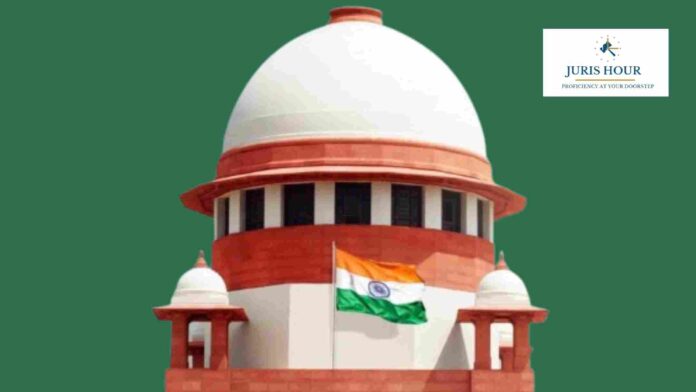The Supreme Court of India has dismissed the curative petition filed by Swiss multinational Nestlé SA, marking the end of a prolonged legal battle over the interpretation of the Most Favoured Nation (MFN) clause in India’s tax treaties with OECD member countries.
The bench of Chief Justice B.R. Gavai along with Justices Surya Kant, Vikram Nath, and Dipankar Datta, held that no grounds were made out to reopen the case under the principles laid down in Rupa Ashok Hurra v. Ashok Hurra (2002). The curative petition followed the earlier dismissal of Nestlé’s review petitions in August 2024
Background of the Dispute
The controversy centered on India’s Double Taxation Avoidance Agreements (DTAAs) with countries such as the Netherlands, France, and Switzerland. These treaties contained MFN clauses allowing reduced tax rates or restricted definitions of income (such as dividends, royalties, or fees for technical services) if India subsequently granted such benefits to another OECD member nation.
Nestlé SA, relying on the India–Switzerland DTAA, claimed entitlement to a reduced withholding tax rate of 5% on dividends, arguing that the MFN clause was automatically triggered when India signed favorable treaties with other OECD members like Slovenia, Lithuania, and Colombia. The Delhi High Court had earlier ruled in Nestlé’s favor, directing the issuance of certificates under Section 197 of the Income Tax Act for lower tax deduction
However, in October 2023, a Supreme Court bench of Justices S. Ravindra Bhat and Dipankar Datta overturned the High Court ruling. The Court sided with the revenue authorities, holding that the MFN clause could not be applied automatically. Instead, it required a separate notification by the Indian government under Section 90 of the Income Tax Act to become operational.
Timing of OECD Membership – Whether countries that became OECD members after signing DTAAs with India could trigger MFN benefits.
Automatic vs. Notified Implementation – Whether the MFN clause applied automatically or required explicit notification by the Indian government.
Constitutional Framework – The revenue argued that under Article 253 of the Constitution, treaties require parliamentary backing or executive notification to be enforceable domestically
The court dismissed Nestlé SA’s review petitions (August 2024) and curative petition (September 2025), making the October 2023 ruling final.
The judgment affirmed that MFN clauses in Indian tax treaties are not self-executing and need government notification to take effect.
Case Details
Case Title: M/S Nestle Sa Versus Assessing Officer Circle
Case No.: CURATIVE PETITION (C) NO.238 OF 2024
Date: September 16, 2025
Read More: Medical Expense of Director is an Allowable Business Expenditure in Hands of Company: ITAT

